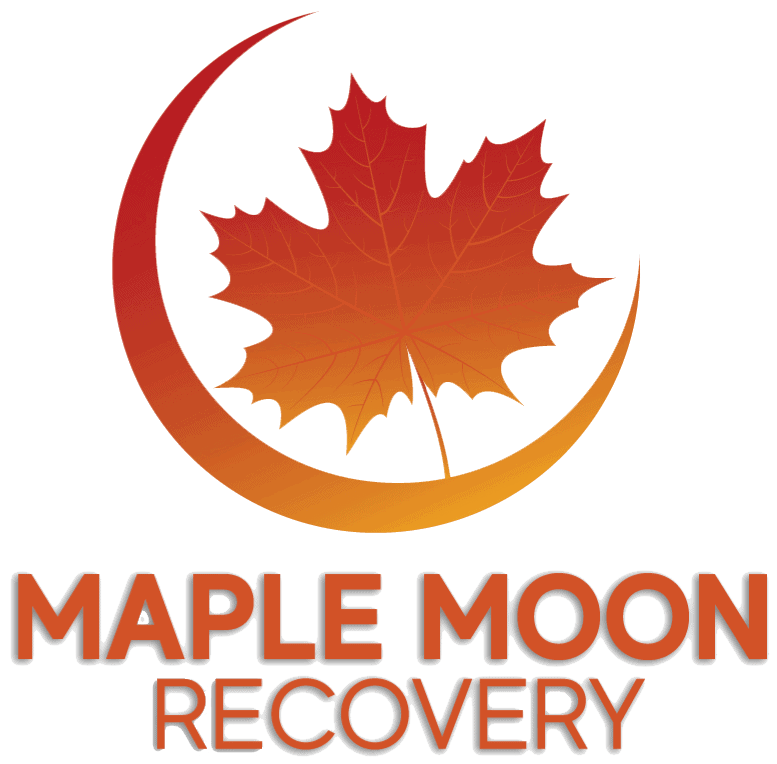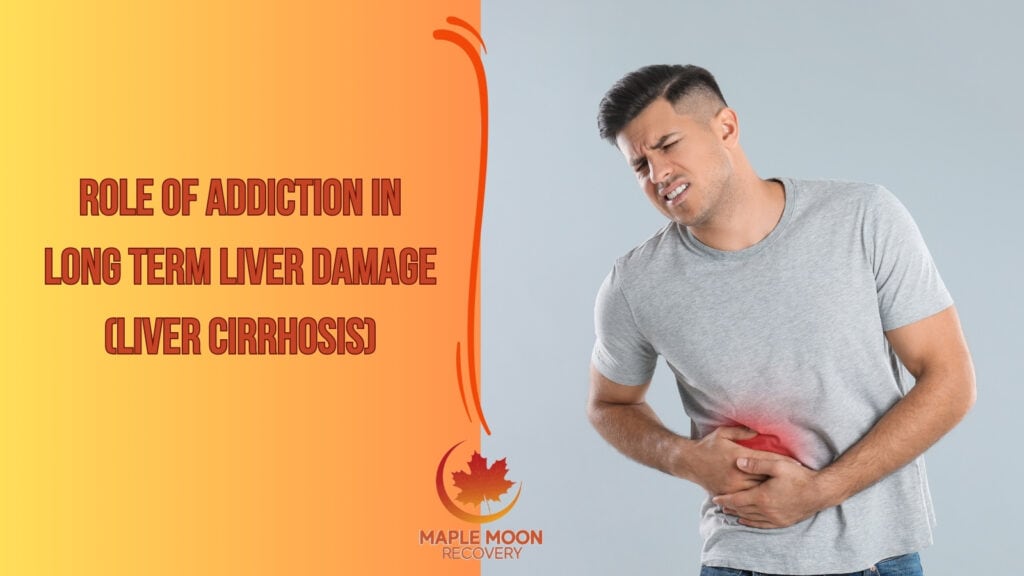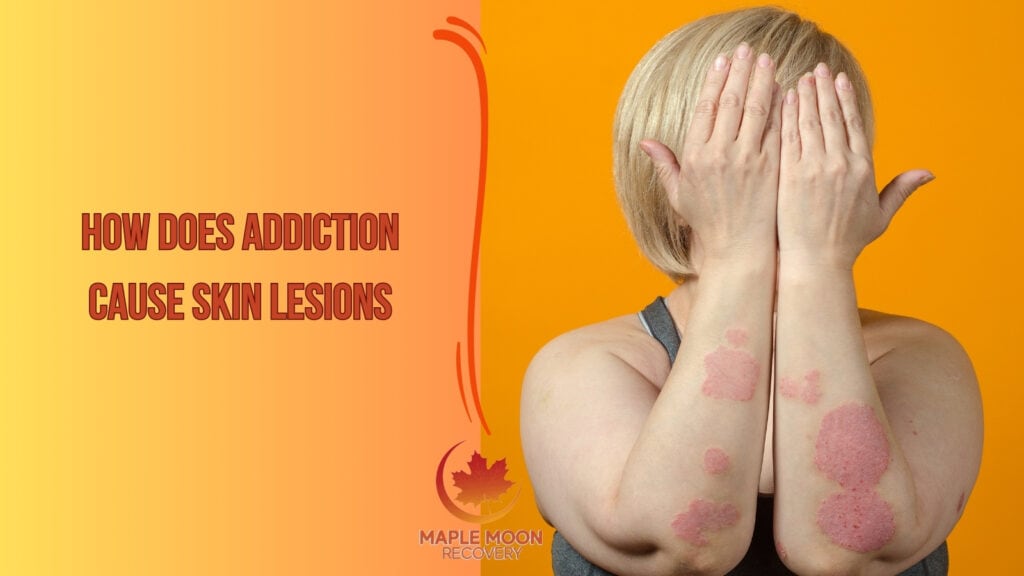In recent years, the United States has been grappling with a devastating opioid crisis that has claimed countless lives and shattered families. Los Angeles, a city known for its vibrant culture and iconic landmarks, has not been immune to this epidemic. The impact of the opioid crisis on the City of Angels has been profound, with an alarming rise in opioid-related overdoses and a strain on public health resources. Amidst this crisis, there is a beacon of hope: Maple Moon Recovery, a Los Angeles-based drug and alcohol treatment center, has been at the forefront of combating opioid addiction within the community.
Maple Moon Recovery’s commitment to providing comprehensive and compassionate care to those struggling with opioid addiction is making a tangible difference in Los Angeles. Through innovative treatment programs, community outreach, and education, Maple Moon Recovery is not only helping individuals reclaim their lives but is also contributing to the broader effort to curb the opioid crisis in the city.
In this blog post, we will delve into the opioid crisis, examining its origins, the toll it has taken on Los Angeles, and the multifaceted approach that Maple Moon Recovery employs to combat this epidemic. Through understanding and action, we can collectively work towards a future where opioid addiction no longer casts a shadow over our community.
Understanding the Opioid Crisis
Definition of Opioids
Before delving into the crisis, it’s essential to understand what opioids are. Opioids are a class of drugs that include prescription pain relievers such as oxycodone, hydrocodone, and morphine, as well as illegal drugs like heroin. These drugs interact with opioid receptors in the brain and body, often leading to pain relief and, in some cases, euphoria.
The History of the Opioid Crisis in the United States
The opioid crisis didn’t happen overnight. It has evolved over several decades. The crisis can be divided into three waves:
- First Wave (Late 1990s): The crisis began in the late 1990s when pharmaceutical companies reassured the medical community that patients would not become addicted to prescription opioid pain relievers. As a result, healthcare providers began to prescribe them at greater rates, leading to widespread misuse.
- Second Wave (2010): The second wave was marked by an increase in heroin use. Some individuals who were addicted to prescription opioids transitioned to heroin, which was often cheaper and more accessible.
- Third Wave (2013 onwards): The third wave has been characterized by a significant rise in the use of synthetic opioids, such as fentanyl. These drugs are extremely potent and have contributed to a sharp increase in overdose deaths.
Statistics on Opioid Addiction and Overdoses in Los Angeles
In Los Angeles, the opioid crisis mirrors the national trends but has its unique challenges. Here are some statistics that highlight the gravity of the situation in the city:
- In recent years, there has been a significant increase in opioid-related overdose deaths in Los Angeles County.
- Fentanyl, a synthetic opioid, has been a significant contributor to the rise in overdose deaths.
- Emergency room visits related to opioid use have also seen an upward trend.
These statistics paint a grim picture of the opioid crisis in Los Angeles, emphasizing the urgency for effective interventions and support systems.
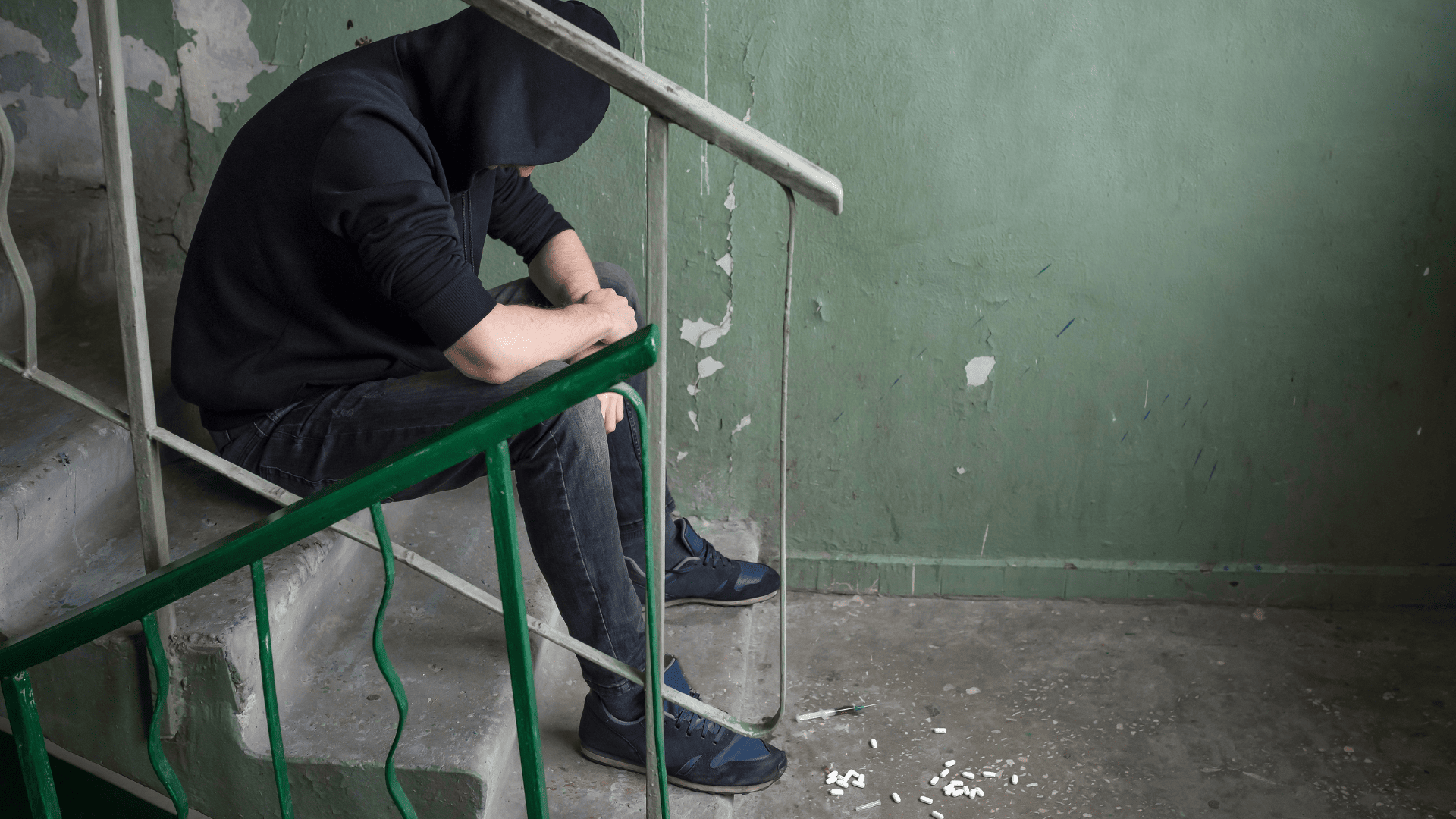
The Consequences of the Opioid Crisis in Los Angeles
The opioid crisis has far-reaching consequences that extend beyond the individuals who are directly affected by addiction. In this section, we will explore the human, healthcare, economic, and familial impacts of the opioid crisis in Los Angeles.
The Human Cost: Lives Lost and Affected
- The most devastating consequence of the opioid crisis is the loss of life due to overdoses.
- The crisis affects people from all walks of life, regardless of age, gender, or socioeconomic status.
- The emotional toll on friends and family members who have lost loved ones is immeasurable.
The Strain on Healthcare Systems
- Hospitals and emergency rooms in Los Angeles are facing an increasing number of opioid-related cases.
- The demand for addiction treatment services often exceeds the available resources.
- Healthcare professionals are under immense pressure to address the complex needs of patients struggling with opioid addiction.
Economic Impact on the Community
- The opioid crisis has economic repercussions, including the costs of healthcare, lost productivity, addiction treatment, and criminal justice involvement.
- Employers face challenges due to absenteeism and reduced productivity among employees struggling with addiction.
- The city’s resources are stretched thin as they try to combat the crisis on multiple fronts.
The Effect on Families and Relationships
- Families are often the unseen victims of the opioid crisis.
- Relationships can be strained as family members struggle to understand and cope with a loved one’s addiction.
- Children of individuals with opioid addiction may face neglect or be placed in foster care, impacting their development and well-being.

Maple Moon Recovery’s Approach to Combating the Opioid Crisis
As the opioid crisis continues to grip Los Angeles, Maple Moon Recovery stands as a pillar of hope and support for those seeking to break free from the chains of addiction. In this section, we will explore the various facets of Maple Moon Recovery’s approach to combating the opioid crisis.
Overview of Maple Moon Recovery’s Treatment Programs for Opioid Addiction
- Maple Moon Recovery offers a range of treatment programs tailored to the unique needs of individuals struggling with opioid addiction.
- These programs include residential inpatient and outpatient treatment, detoxification services, and long-term recovery planning.
The Use of Medication-Assisted Treatment (MAT)
- Medication-Assisted Treatment (MAT) is an evidence-based approach that combines medications with counseling and behavioral therapies.
- Maple Moon Recovery utilizes medications such as methadone, buprenorphine, and naltrexone to alleviate withdrawal symptoms and reduce cravings.
Counseling and Therapy Options
- Counseling and therapy are integral components of Maple Moon Recovery’s treatment programs.
- Individual counseling, group therapy, and family counseling are offered to address the psychological aspects of addiction.
- Cognitive Behavioral Therapy (CBT) and Motivational Interviewing are among the therapeutic approaches used.
Holistic Approaches and Alternative Therapies
- Recognizing that recovery is not one-size-fits-all, Maple Moon Recovery incorporates holistic and alternative therapies into its treatment programs.
- These include yoga, meditation, art therapy, and nutritional counseling, which aim to heal the mind, body, and spirit.
Family Support and Education
- Maple Moon Recovery understands the importance of family support in the recovery process.
- Family education programs are offered to help family members understand addiction and learn how to support their loved ones effectively.
- Family therapy sessions are also available to help rebuild relationships and foster a supportive home environment.
Maple Moon Recovery’s multifaceted approach to combating the opioid crisis in Los Angeles is grounded in evidence-based practices and a deep understanding of the complexities of addiction. By offering a range of services that address the physical, psychological, and social aspects of addiction, Maple Moon Recovery is making a significant impact in the lives of individuals and families affected by the opioid crisis.
Community Outreach and Education
Addressing the opioid crisis requires a community-wide effort. Maple Moon Recovery recognizes the importance of community engagement and education in preventing opioid addiction and supporting those in recovery. In this section, we will explore Maple Moon Recovery’s initiatives in community outreach and education.
Maple Moon Recovery’s Efforts in Raising Awareness About the Opioid Crisis
- Maple Moon Recovery actively participates in community events and forums to raise awareness about the opioid crisis.
- Through social media campaigns, Maple Moon Recovery shares information on the dangers of opioid misuse and the importance of seeking help.
Partnerships with Local Organizations and Government Agencies
- Maple Moon Recovery collaborates with other organizations and government agencies to create a united front against the opioid crisis.
- Through partnerships, Maple Moon Recovery is able to extend its reach and provide more comprehensive services to those in need.
Events and Campaigns to Combat Opioid Addiction
- Maple Moon Recovery organizes and participates in events such as health fairs, workshops, and fundraisers to support addiction treatment and recovery.
- These events serve as platforms for community members to get involved, learn more about the opioid crisis, and contribute to the cause.
Community outreach and education are critical components in the fight against the opioid crisis. Through awareness campaigns, educational programs, partnerships, and events, Maple Moon Recovery is fostering a community that is informed, compassionate, and proactive in addressing opioid addiction. This collective effort is instrumental in creating an environment where individuals struggling with addiction can find the support and resources they need to embark on the path to recovery.
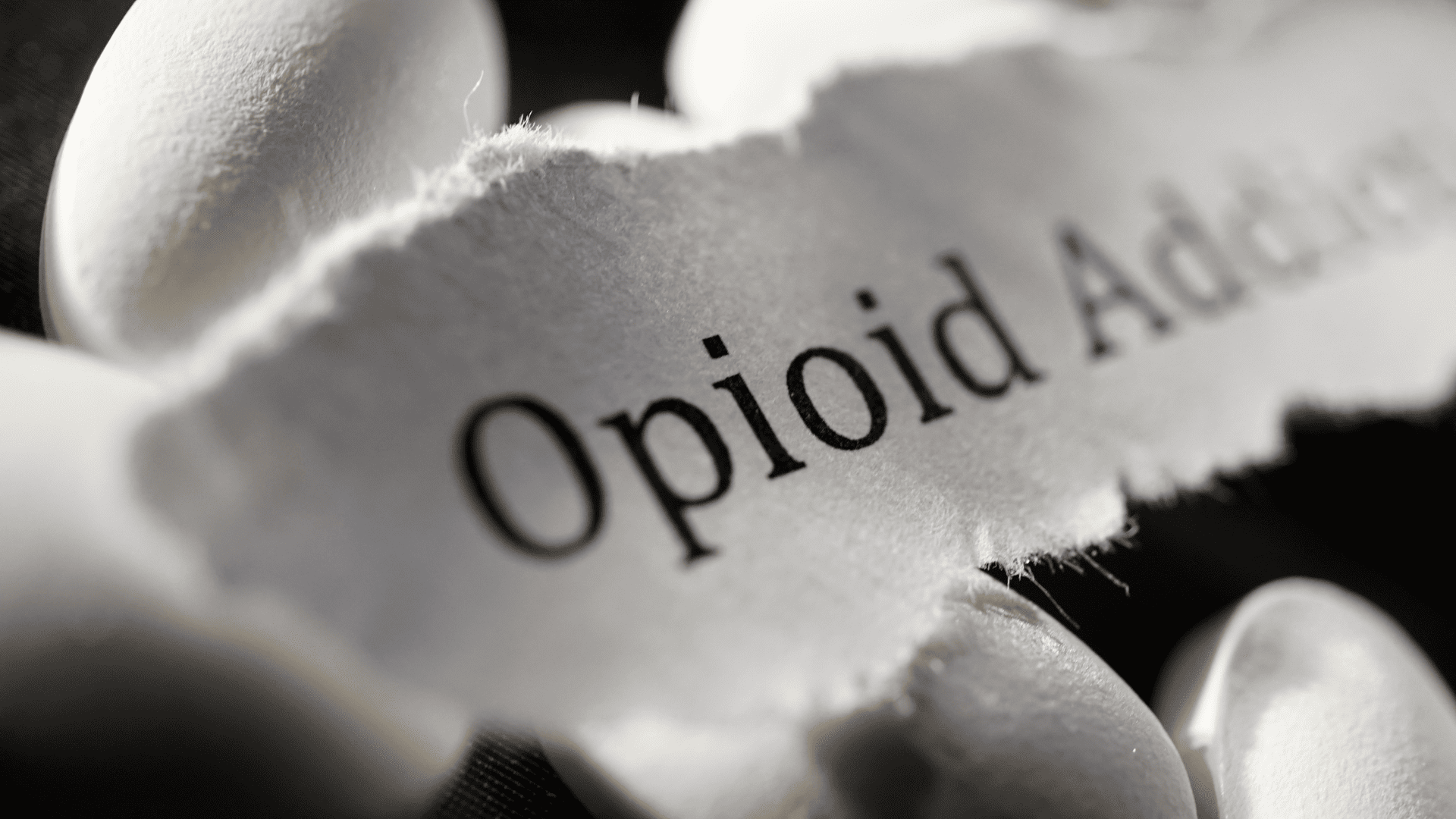
Prevention Strategies
Preventing opioid addiction is an essential component in the fight against the opioid crisis. By implementing effective prevention strategies, we can reduce the number of individuals who become addicted to opioids and, in turn, mitigate the devastating consequences of this crisis. In this section, we will explore the role of early education, the importance of recognizing and addressing risk factors, and the significance of safe prescription practices.
The Role of Early Education in Prevention
- Early education about the risks and consequences of opioid misuse can be a powerful tool in preventing addiction.
- Schools and community centers should incorporate drug education programs that specifically address opioids.
- Educating young people about the dangers of opioid misuse can empower them to make informed decisions and resist peer pressure.
Recognizing and Addressing Risk Factors
- Understanding the risk factors for opioid addiction is crucial in prevention efforts.
- Risk factors may include a family history of addiction, mental health disorders, chronic pain, and social environment.
- Early intervention programs should be in place to provide support and resources to individuals identified as being at high risk for opioid addiction.
The Importance of Safe Prescription Practices
- Healthcare providers play a critical role in preventing opioid addiction through safe prescription practices.
- This includes prescribing the lowest effective dose, educating patients on the proper use and risks of opioids, and closely monitoring patients for signs of misuse.
- Implementing prescription drug monitoring programs can help in tracking patients’ prescription histories and identifying patterns of misuse.
Prevention is the first line of defense against the opioid crisis. Through early education, addressing risk factors, and ensuring safe prescription practices, we can create a foundation for a healthier community free from the grip of opioid addiction. Maple Moon Recovery, along with healthcare providers, educators, and community members, can work together to implement these strategies and protect future generations from the devastating effects of opioid addiction.
The Role of Policy and Legislation in Combating the Opioid Crisis
Policies and legislation play a pivotal role in shaping the response to the opioid crisis. From regulating prescriptions to funding treatment programs, the legal framework surrounding opioids can have a profound impact on addiction rates and the availability of treatment. In this section, we will explore existing policies and legislation, their impact, and the importance of advocacy for effective policies.
Overview of Existing Policies and Legislation Related to Opioids
- Federal and state governments have enacted various policies and legislation aimed at addressing the opioid crisis.
- The Comprehensive Addiction and Recovery Act (CARA) and the 21st Century Cures Act are examples of federal legislation that provide funding and resources for addiction treatment and prevention.
- At the state level, many states, including California, have implemented Prescription Drug Monitoring Programs (PDMPs) to track opioid prescriptions and identify patterns of misuse.
The Impact of Policy on Addiction Rates and Treatment Availability
- Policies that regulate opioid prescriptions can help reduce the availability of opioids and, consequently, lower addiction rates.
- Funding allocated through legislation can increase the availability of treatment programs and make them more accessible to those in need.
- However, some policies may have unintended consequences, such as driving individuals towards illicit opioids if prescription regulations are too stringent without adequate support systems in place.
Advocacy for Effective Policies and Legislation
- Advocacy plays a crucial role in shaping effective policies and legislation.
- Individuals, healthcare professionals, and organizations, including Maple Moon Recovery, can advocate for policies that prioritize prevention, treatment, and support for those affected by opioid addiction.
- Engaging with policymakers, participating in public forums, and raising awareness about the opioid crisis are ways to advocate for effective policies.
Policies and legislation are instrumental in creating a structured and effective response to the opioid crisis. It is imperative that these policies are evidence-based, balanced, and focused on the well-being of individuals and communities affected by opioid addiction. Through continued advocacy and engagement, we can work towards a legal framework that supports comprehensive and compassionate approaches to combating the opioid crisis.
Looking to the Future: Innovations and Developments in Addiction Treatment
As we continue to combat the opioid crisis, it is essential to look towards the future and explore the innovations and developments that can revolutionize addiction treatment.
Emerging Therapies and Treatments for Opioid Addiction
- New therapies, such as contingency management and biofeedback, are emerging as promising approaches to treating opioid addiction.
- Research is ongoing into medications that can effectively treat opioid addiction without the risk of dependency.
The Role of Technology in Addiction Treatment and Recovery
- Technology is playing an increasingly significant role in addiction treatment and recovery.
- Mobile apps, telemedicine, and online support groups are making treatment and support more accessible.
- Wearable devices that monitor physiological indicators can also play a role in relapse prevention.
Future Challenges and Opportunities in Combating the Opioid Crisis
- As the opioid crisis evolves, new challenges such as the emergence of potent synthetic opioids will arise.
- There are also opportunities, such as the integration of mental health services with addiction treatment, which can address the underlying causes of addiction.
Take Action Now: Be Part of the Solution
In the face of the opioid crisis, every action counts. Whether you are someone seeking help, a family member, a friend, or a concerned community member, your involvement can make a world of difference. Maple Moon Recovery is committed to combating the opioid crisis, but we can’t do it alone. We need a united community, ready to take a stand, support one another, and work towards a future free from the devastation of opioid addiction. Don’t wait for change – be the change. Reach out to Maple Moon Recovery today to find out how you can contribute to this vital cause or seek the help you or a loved one needs.
Sources:
Kelley, M. A., Lucas, J., Stewart, E., Goldman, D., & Doctor, J. N. (2021). Opioid-related deaths before and after COVID-19 stay-at-home orders in Los Angeles County. Drug and Alcohol Dependence, 225, 109028. https://doi.org/10.1016/j.drugalcdep.2021.109028
Ling, W., Mooney, L., & Hillhouse, M. (2011). Prescription opioid abuse, pain and addiction: Clinical issues and implications. Drug and Alcohol Review, 30, 300-305. https://doi.org/10.1111/j.1465-3362.2010.00271.x
